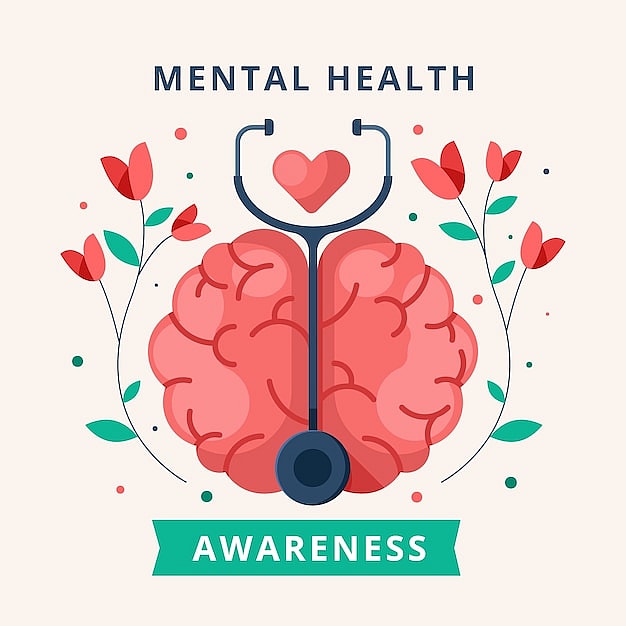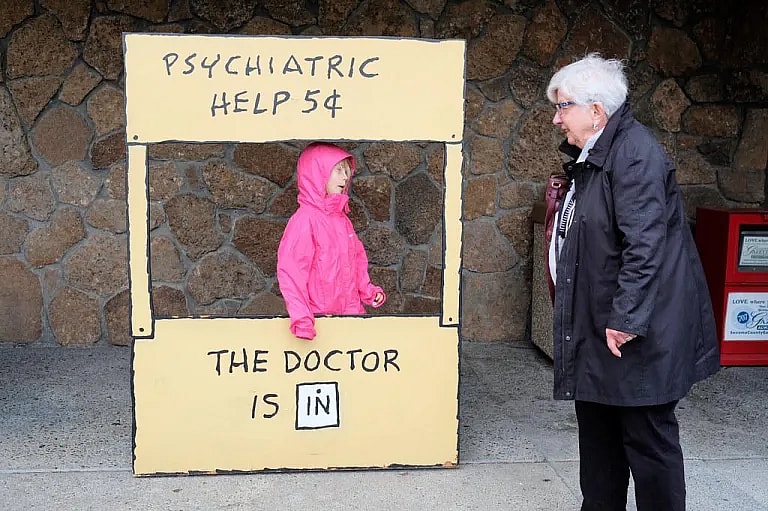What Is Mental Health?
The new product is a great addition to our lineup.
Our latest product is an exciting addition to our already impressive lineup! With its innovative features and sleek design, it's sure to be a hit with customers. Don't miss out on this amazing opportunity to upgrade your life!
What Is Mental Health?
Mental health is an umbrella term that encompasses the physical, psychological, and social wellbeing of individuals and communities. It is vital for humans to be aware of and work towards maintaining their mental health in order to be able to live life to the fullest and be productive members of society. Mental health includes a range of challenges and potential issues, and understanding it helps individuals to make positive changes in their life.
What Are Mental Health Conditions?
Mental health conditions are caused by a combination of biological, psychological, and social factors. They can affect mood, thinking, behavior, and the ability to make decisions. Mental health conditions can range from mild to severe and include anxiety, depression, bipolar disorder, schizophrenia, addiction, personality disorders, eating disorders, post-traumatic stress disorder (PTSD), and more.
Why Is Mental Health Important?
Mental health is an important part of overall health and wellbeing. When individuals are able to understand their mental health and are supported in working on managing it, they are more likely to lead satisfying and productive lives.
Good mental health has benefits for individuals and communities alike:
- Reduced stress and anxiety;
- Improved emotional wellbeing;
- Stronger relationships with family and friends;
- Greater ability to cope with life’s challenges;
- More productivity at work;
- Improved physical health;
- Greater financial security;
How to Maintain Good Mental Health
Maintaining good mental health is a life-long process that requires commitment and effort but has huge rewards. Here are a few ways to strengthen your mental health:
Exercise and Diet
Physical activity and a balanced diet are essential for good mental health. Exercise releases endorphins that improve mood and reduce stress. Eating a variety of nutritious foods helps to give your body and mind the fuel it needs to stay healthy.
Sleep
Getting sufficient sleep is key for good mental health, as it replenishes energy levels, helps your brain process and consolidate memories, and boosts your mood. Try to get between 7 and 9 hours of sleep every night.
Connect With Others
Spending time with loved ones and engaging in meaningful conversations can help reduce anxiety and stress. It can also provide emotional support if you are feeling down.
Practice Self-Care
Take some time to engage in activities you enjoy, such as reading a book, listening to music, or watching a movie. Doing activities that make you feel relaxed and in control can help release stress and boost your mood.
Seek Help
It is important to recognize the signs of mental health problems and seek professional help if needed. Your healthcare provider can provide treatment options and suggest self-care strategies. You can also find support groups, where you can share your experiences with others in similar situations.
Conclusion
Mental health is an essential part of overall health and wellbeing. By taking steps to maintain good mental health, you can lead a happy and fulfilling life. This includes getting regular exercise and sleep, engaging in meaningful conversations, practicing self-care, and seeking help when needed.
[trp_language language=”en_US”]
Mental health includes our emotional, psychological, and social well-being. It affects how we think, feel, and act. It also helps determine how we handle stress, relate to others, and make choices. Mental health is important at every stage of life, from childhood and adolescence through adulthood.
Over the course of your life, if you experience mental health problems, your thinking, mood, and behavior could be affected. Many factors contribute to mental health problems, including:
Mental health problems are common but help is available. People with mental health problems can get better and many recover completely.

Early Warning Signs
Not sure if you or someone you know is living with mental health problems? Experiencing one or more of the following feelings or behaviors can be an early warning sign of a problem:
Mental Health and Wellness
Positive mental health allows people to:
Ways to maintain positive mental health include:
What To Look For
People can experience different types of mental health problems. These problems can affect your thinking, mood, and behavior. Many symptoms of mental health disorders are common. The symptoms can add up to the level of a disorder if these symptoms are more severe and/or long-lasting and affect your functioning. Only a medical or behavioral health provider can diagnose someone. To access help for an assessment or treatment.
Below are examples of common mental health diagnoses. Want to learn more about other types of mental health conditions? Visit the “Mental Health and Behavior” section on MedlinePlus.
Anxiety Disorders
People with anxiety disorders respond to certain objects or situations with fear and dread. Anxiety disorders can include obsessive-compulsive disorder, panic disorders, and phobias.
Behavioral Disorders
Behavioral disorders involve a pattern of disruptive behaviors in children that last for at least 6 months and cause problems in school, at home and in social situations. Examples of behavioral disorders include Attention Deficit Hyperactive Disorder (ADHD), Conduct Disorder, and Oppositional-Defiant Disorder (ODD).
Eating Disorders
Eating disorders involve extreme emotions, attitudes, and behaviors involving weight and food. Eating disorders can include anorexia, bulimia, and binge eating.
Mental Health and Substance Use Disorders
Mental health problems and substance abuse disorders sometimes occur together.
Mood Disorders
Mood disorders involve persistent feelings of sadness or periods of feeling overly happy, or fluctuating between extreme happiness and extreme sadness. Mood disorders can include depression, bipolar disorder, Seasonal Affective Disorder (SAD), and self-harm.
Obsessive-Compulsive Disorder
If you have OCD, you have repeated, upsetting thoughts called obsessions. You do the same thing over and over again to try to make the thoughts go away. Those repeated actions are called compulsions.
Personality Disorders
People with personality disorders have extreme and inflexible personality traits that are distressing to the person and may cause problems in work, school, or social relationships. Personality disorders can include antisocial personality disorder and borderline personality disorder.
Psychotic Disorders
People with psychotic disorders experience a range of symptoms, including hallucinations and delusions. An example of a psychotic disorder is schizophrenia.
Suicidal Behavior
Suicide causes immeasurable pain, suffering, and loss to individuals, families, and communities nationwide.
Trauma and Stress Related Disorders
Post-traumatic stress disorder (PTSD) can occur after living through or seeing a traumatic event, such as war, a hurricane, rape, physical abuse or a bad accident. PTSD makes you feel stressed and afraid after the danger is over.
[/trp_language]
[trp_language language=”ar”][wp_show_posts id=”36443″] [/trp_language]
[trp_language language=”fr_FR”] [wp_show_posts id=”36444″] [/trp_language]








Mental health is important
#agreed
We all need to make sure we stay healthy both mentally and physically